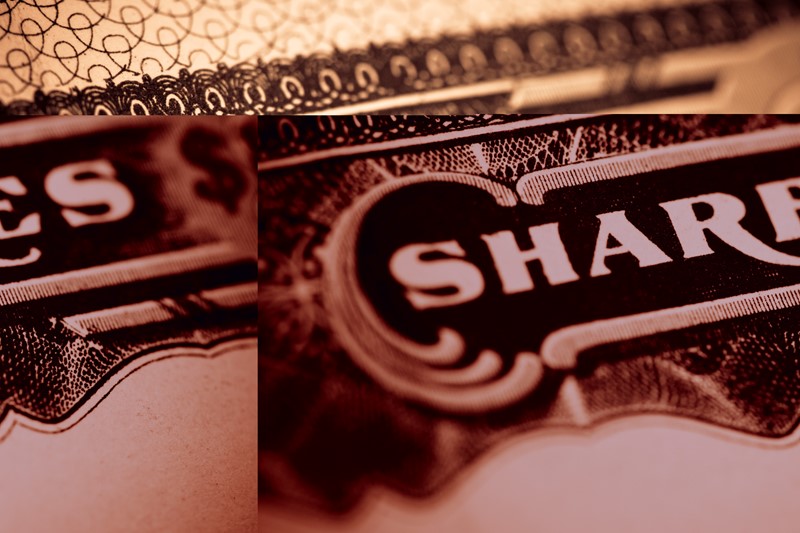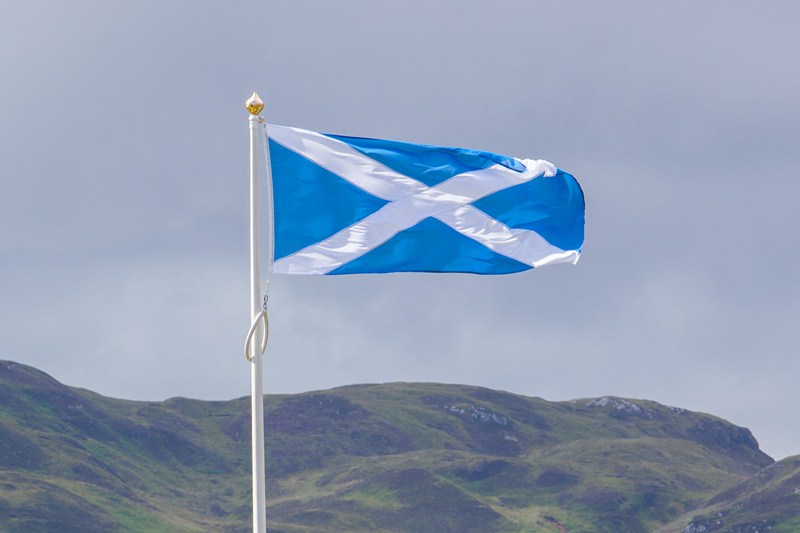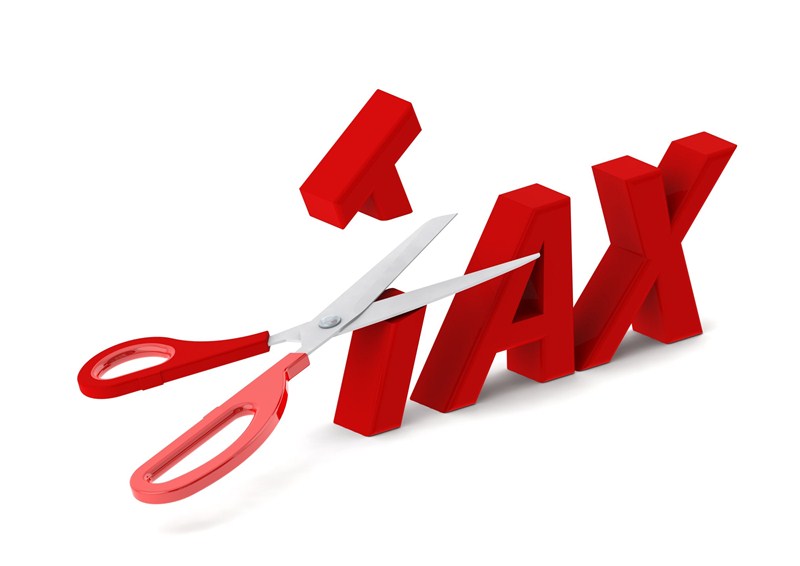The Bank of England's recent decision to reduce the base rate to 4.75% brings several potential benefits to various sectors of the UK economy. Let's explore these advantages in detail.
Reduced Borrowing Costs
Lowering the base rate directly influences the interest rates offered by banks and financial institutions. This reduction can lead to decreased borrowing costs for individuals and businesses.
Mortgages: Homeowners with variable-rate mortgages may see a reduction in their monthly payments. For instance, a 0.25% decrease on a £200,000 mortgage could save approximately £28 per month. This reduction can ease financial pressures on households.
Stimulated Economic Growth
Lower interest rates can encourage spending and investment, which are vital components of economic growth.
- Consumer Spending: With reduced borrowing costs, consumers may be more inclined to make significant purchases, such as homes or cars, boosting demand in these markets.
- Business Investment: Affordable financing can lead businesses to invest in new projects, technology, or workforce expansion, contributing to economic development.
Enhanced Business Confidence
Lower borrowing costs can improve business sentiment.
- Investment in Growth: Companies may feel more confident in investing in growth opportunities, leading to innovation and expansion.
- Job Creation: Business expansion can result in job creation, reducing unemployment rates and stimulating economic activity.
Impact on Savings
While lower interest rates can benefit borrowers, they may affect savers.
- Reduced Savings Returns: Interest earned on savings accounts may decrease, potentially discouraging saving.
- Shift to Investments: Savers might seek higher returns through investments in stocks or bonds, influencing financial markets.
Broader Economic Implications
The rate cut can have wider economic effects.
- Stock Market Reaction: Lower rates can lead to higher stock prices as investors seek better returns than those offered by savings accounts.
- Bond Yields: Government and corporate bond yields may decrease, affecting investment strategies.
In summary, the Bank of England's decision to cut the base rate to 4.75% is designed to stimulate economic activity by reducing borrowing costs, encouraging spending and investment, and supporting various sectors of the economy. While there are potential downsides, such as reduced returns for savers, the overall aim is to foster a stable and growing economic environment.
Will there be further rate cuts?
The recent elections in the United States may have an impact on the speed of further rate cuts as the markets anticipate protectionist tariffs and other factors that may dampen economic growth. Business owners and households would be advised to budget for rates between 4% and 5% for some time.
Source:Other| 10-11-2024












